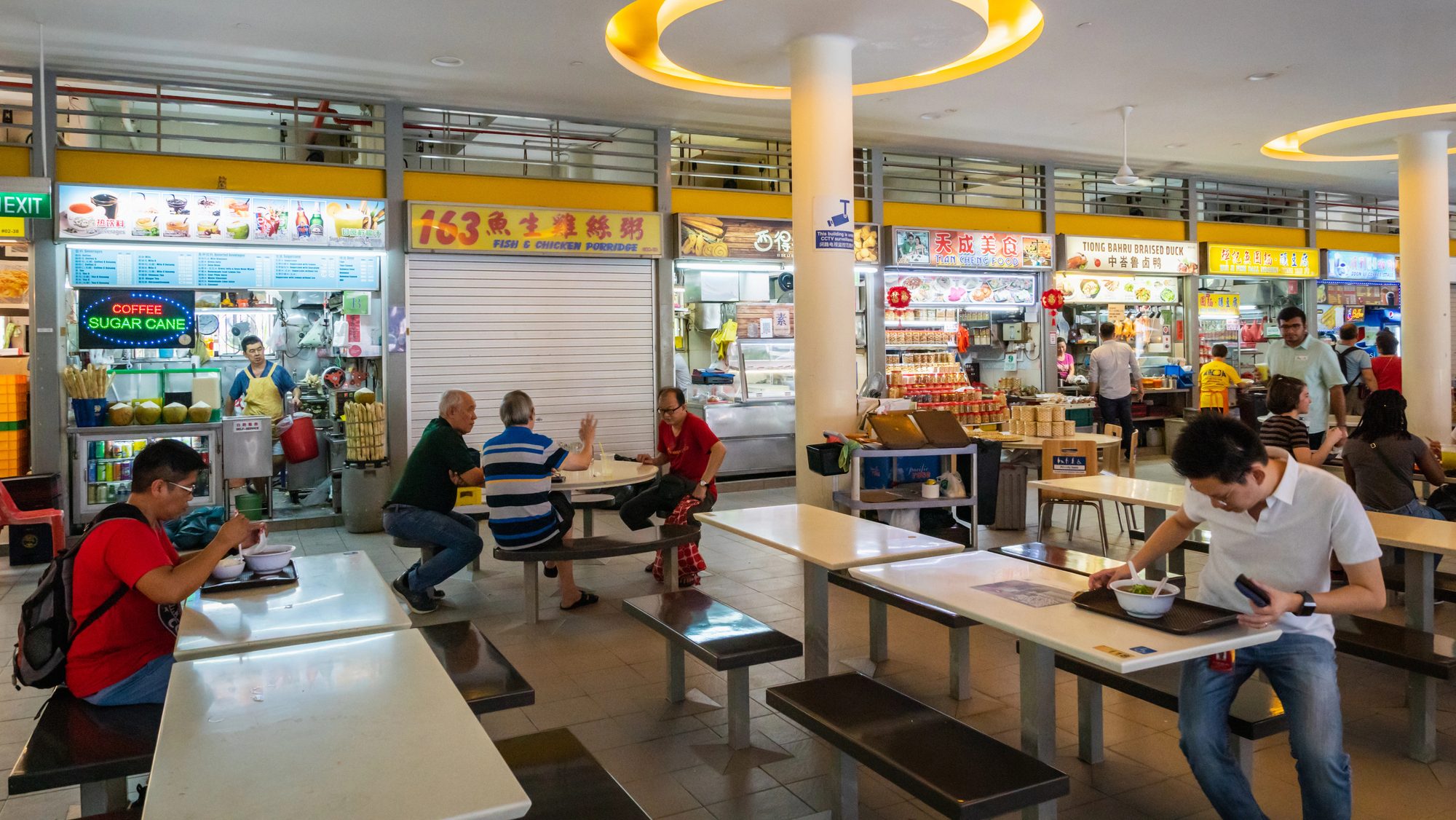SINGAPORE: The boom in Singapore’s food and beverage (F&B) industry is now starting to do more harm than good for operators, diners, and the entire food business landscape as store openings continue to outpace closures, The Business Times reported, citing Knight Frank’s report released on Monday (Apr 14).
The report noted that with Singapore’s small market size and current demand levels, it’s becoming harder for F&B businesses to stay profitable as more players compete for the city-state’s “limited pie.”
In October last year, monthly closures exceeded 200 per month—higher than the pandemic’s average of 170 per month. Total closures for 2024 surpassed 3,000, with more closures happening on average this year. Household brands like Eggslut, Manhattan Fish Market, Burger & Lobster, and Chinese hotpot chain Haidilao are among those that have pulled out, The Business Times reported.
Still, new brands, local and international, continue to enter the market, with some local entrepreneurs operating from their homes to mitigate occupancy costs while others are testing new retail formats to attract customers. Knight Frank said 3,793 new businesses entered the F&B scene last year.
Ethan Hsu, Knight Frank Singapore’s head of retail, said the dining scene appears to have reached oversupplied levels, and “measures to cool the market for a sustainable sector may be needed sooner than later.”
The report noted that one option is to limit the number of F&B licences allowed in certain areas. Another is to cap the share of lettable areas in malls that can be used for F&B outlets. Knight Frank also suggested setting a minimum size for the shop that will be set up. To stop chains from growing too quickly, the report proposed a tax on F&B chains that expand beyond a certain number of outlets within a short time frame.
Mr Hsu said: “Rapid expansion that has led to just as rapid closures in recent years cannot possibly be healthy when it has also led to a wastage of funds and material, especially when new fit-outs and equipment are abandoned when operations prove to be financially unviable.”
He suggested that acting sooner rather than later could “alleviate some of the ailing symptoms” of the sector, such as the closure of several Michelin-starred restaurants while ensuring the market remains sustainable for both local and international brands to thrive.
The consultancy also pointed out that US President Donald Trump’s sweeping tariffs could hurt business sentiment and rental growth.
In the first quarter of 2025, the average gross rent for prime retail spaces in Orchard rose by 0.4% quarter-on-quarter (QoQ), reaching S$31.20 per square foot per month (psf pm). Rents in suburban areas also grew by 0.3% QoQ to S$26.80 psf pm, while those in Marina Centre, City Hall, and Bugis grew by 0.6% to S$26.40 psf pm. Meanwhile, rents in the city fringe dropped by 0.3% QoQ to S$24 psf pm.
Knight Frank noted that tariffs could “undermine the delicate 1% to 3% growth forecast of prime retail rents in 2025” in trade-dependent Singapore.
While the consultancy pointed to many factors affecting the oversupply and rapid closures of F&B businesses in the city-state, a netizen online pointed out that only “rent and labour costs” are the two big concerns in the industry, while the rest are variable. Another noted it may be because Singaporeans have realised that dining out is “too expensive, with goods and services tax (GST) and service charge; many begin to realise eating at home is better.” /TISG
Read also: 39% of Singapore sellers use AI in their business, but cost and time hurdles remain
Featured image by Depositphotos (for illustration purposes only)

